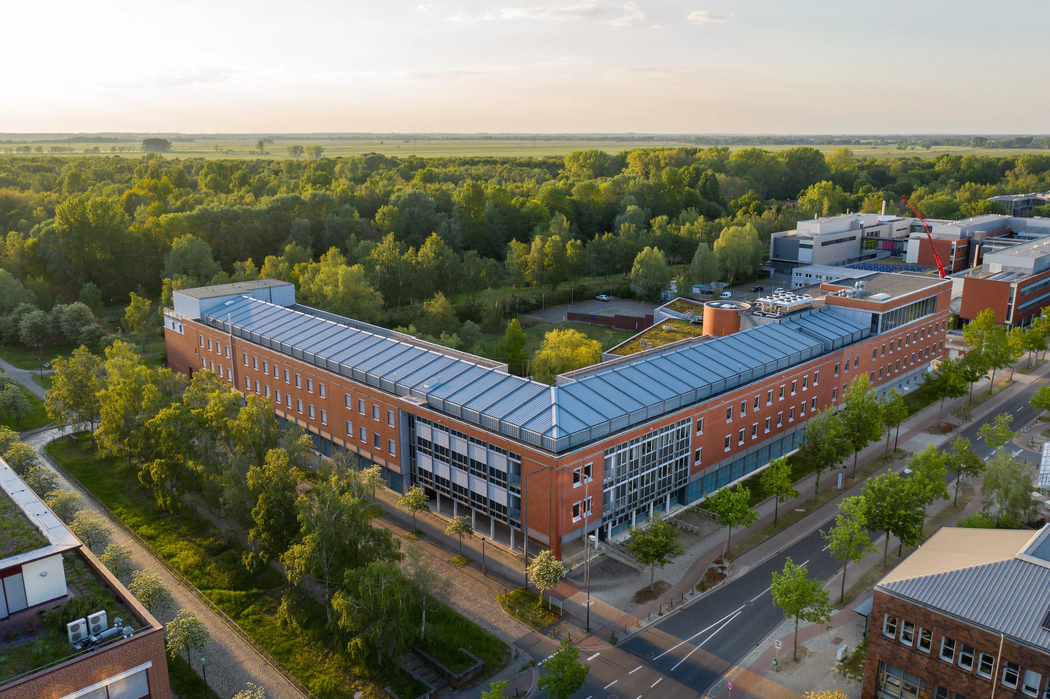Was The Oxygenation of the Earth Linked to Increasing Day Length?
DOI:
https://doi.org/10.21036/LTPUB10945Researcher
Judith Klatt is a Research Scientist in the Microsensor Group at the Max Planck Institute for Marine Microbiology in Bremen where she completed her PhD. Klatt has also been a postdoctoral researcher in Earth and Environmental Sciences at the University of Michigan. Her main research interests include the origins of photosynthesis, the physiology of versatile phototrophs and microbial mats as windows into the ancient oceans. Her work is field-oriented and she explores extreme microbial ecosystems all over the world, such as in the high altitude Andes.

Original Publication
Possible Link Between Earth’s Rotation Rate and Oxygenation.
Judith M. Klatt,
Arjun Chennu,
Brian K. Arbic,
Bopaiah A. Biddanda,
Gregory J. Dick
Published in
Citation
Judith Klatt,
Latest Thinking,
Was The Oxygenation of the Earth Linked to Increasing Day Length?,
https://doi.org/10.21036/LTPUB10945,
Credits:
© Judith Klatt
and Latest Thinking
This work is licensed under CC-BY 4.0
